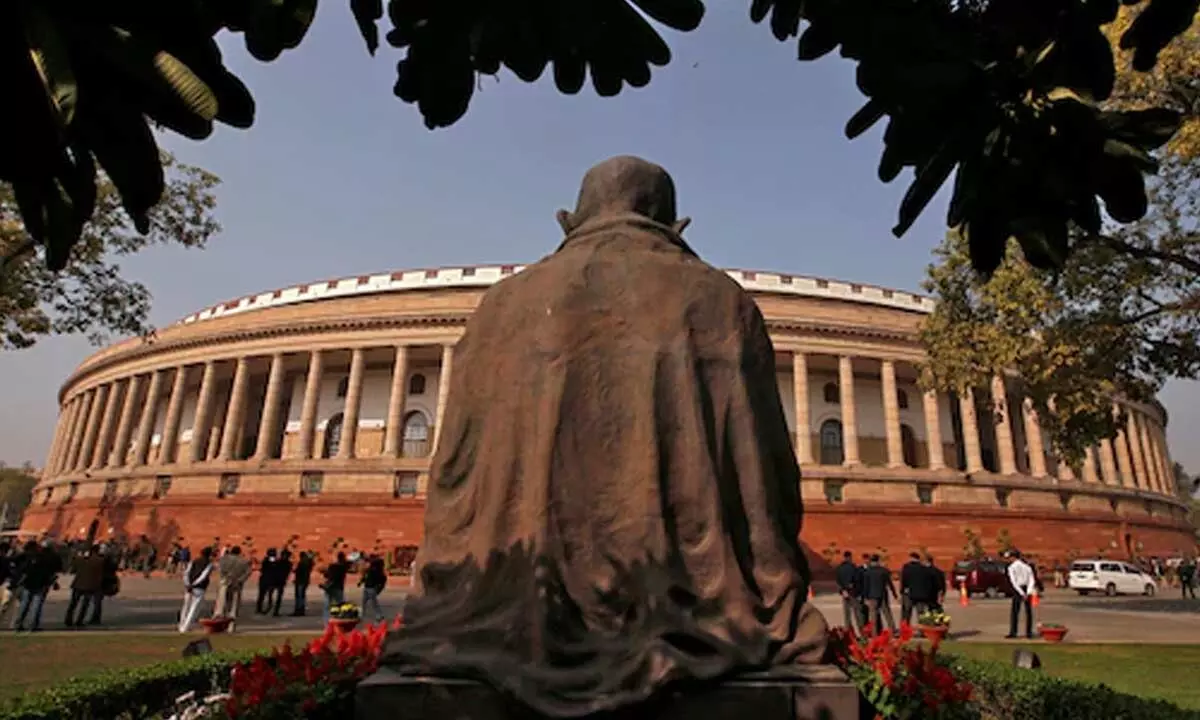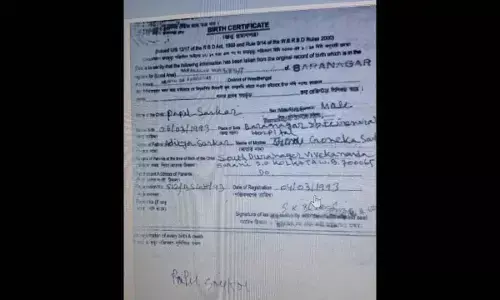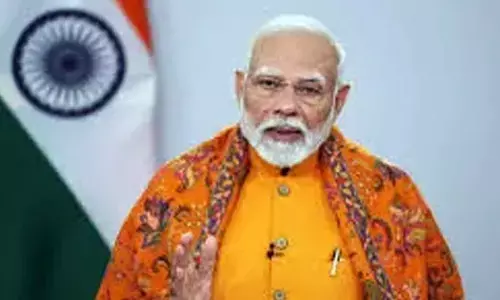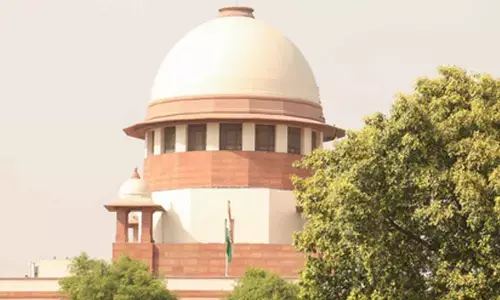Poll reforms: Ethics go for a toss

Poll reforms: Ethics go for a toss
Every time you hit on prestigious posts search on the Google, you also see the word ETHICS highlighted throughout the wiki page.
Every time you hit on prestigious posts search on the Google, you also see the word ETHICS highlighted throughout the wiki page. That is not something unusual; rather, it is the importance these posts carry in India. Round the year, there comes different elections in any of the States and reports of the elected members with criminal records are also circulated. This time around, with the upcoming elections of the head of the Republic of India, it is important to reckon on who all are the participants to vote for him/her?
The President is indirectly elected by the members of the parliament and assemblies of States and Union Territories. Whereby, the people are barred to directly take part in elections and cast their indirect votes through their elected MPs and MLAs. Thus, in a democracy, it is the responsibility of the citizens to know background of the voters of Electoral College of the President.
A recent survey by the Association for Democratic Reforms(ADR) has revealed that a total of 4,72,477 votes (44%) out of 10,74,364 votes analyzed are of MPs/MLAs who have declared criminal cases against themselves. Thereby, half and more of the Electoral College is filled with persons with alleged criminal background. It may not have an immediate effect but it maligns the entire image of political set-up of the country and impurities in the presidential electoral body.
It is found that around 50 per cent of MLAs in UP have criminal cases against them, as reported by ADR. Another survey also revealed that since 2007, the number of tainted members has doubled instead of decreasing. In 2013, the Supreme Court of India, in its judgement while disposing of the Lily Thomas v. Union of India case (along with Lok Prahari v. Union of India), ruled that any MP, MLA or Member of a Legislative Council, who is convicted of a crime and given a minimum of two years' imprisonment, loses membership of the House with immediate effect.
This is in contrast to the earlier position, wherein convicted members held on to their seats until they exhausted all judicial remedy in lower courts, State high court and Supreme Court of India. Further, Section 8(4) of the Representation of the People Act, which allowed elected representatives three months to appeal their conviction, was declared unconstitutional by the same bench. The first MP to be disqualified under this ruling was Rasheed Masood in October 2013, followed by famous personalities like Jayalalitaa, Lalu Prasad Yadav, Asha Rani and Suresh Halavankar.
However, after coming to power in 2014, Narendra Modi government deferred a draft bill – an amendment in the Representation of the People Act – that proposes to disqualify a candidate from contesting elections if a charge sheet has been filed against him for any crime where the prison term is not less than seven years. The draft bill proposed such politicians shall remain disqualified from contesting polls till acquittal or six years after serving the prison term, which takes the minimum disqualification period to 13 years. This bill, if enacted, would have upheld the sanctity of the principles of justice and equality enshrined in the Constitution.
When the members are allowed to participate, irrespective of their criminal records, it further stains the morality attached to the post. While dismissing many petitions that pleaded for disqualification of siting convicted MP/MLA, the Supreme Court held that it is not the legislature to make such a law and enforce it .In this backdrop, the Supreme Court cannot make a law by assuming the job of legislature but it can intervene and bar the legislators from contesting in order to protect the interest of the people who are going to be ruled.
The Supreme Court and high courts, as protector of fundamental rights of citizens, can take Suo Moto notice of this situation and at least bar the members from participating in any election processes. A law can also be drafted with more strict punishments and most importantly with retrospective effect. This will cleanse the politics.
Even the retrospective effect of the law would infirm Articles 101 and 190 of the Indian Constitution which provide that disqualification shall be effective instantly. By doing so, the strength of the Electoral College may decrease but the voice of the few left unaffected will matter.
India can take cue from the US presidential Electoral College. It is not fair to follow the practice that allows the elected members in India to be absolved of all the criminal charges against them when inducted in the cabinet. Moreover, the cabinet forms the backbone to the President and should be free of all the charges. It is unfair practice to withdraw cases and provide immunity from arrest in criminal cases to those inducted into the Cabinet. Giving tickets to clean candidates is ethical demand and right of the people to be governed by clean administrators.
Under Article 21 (fundamental rights), people have the right to live and the political rights of voting which is absolute only subject to ethics, peace, law and order. Just like the law that bars people from contesting elections, there should be a law to stop tainted ministers and members from voting. At least 42% (33) of the total 78 ministers in the Prime Minister Narendra Modi-led Cabinet at the Centre have declared criminal cases against them. In this backdrop, on the eve of the Presidential polls, the Supreme Court can step in and declare the casting of vote by tainted MPs and MLAs as invalid.




